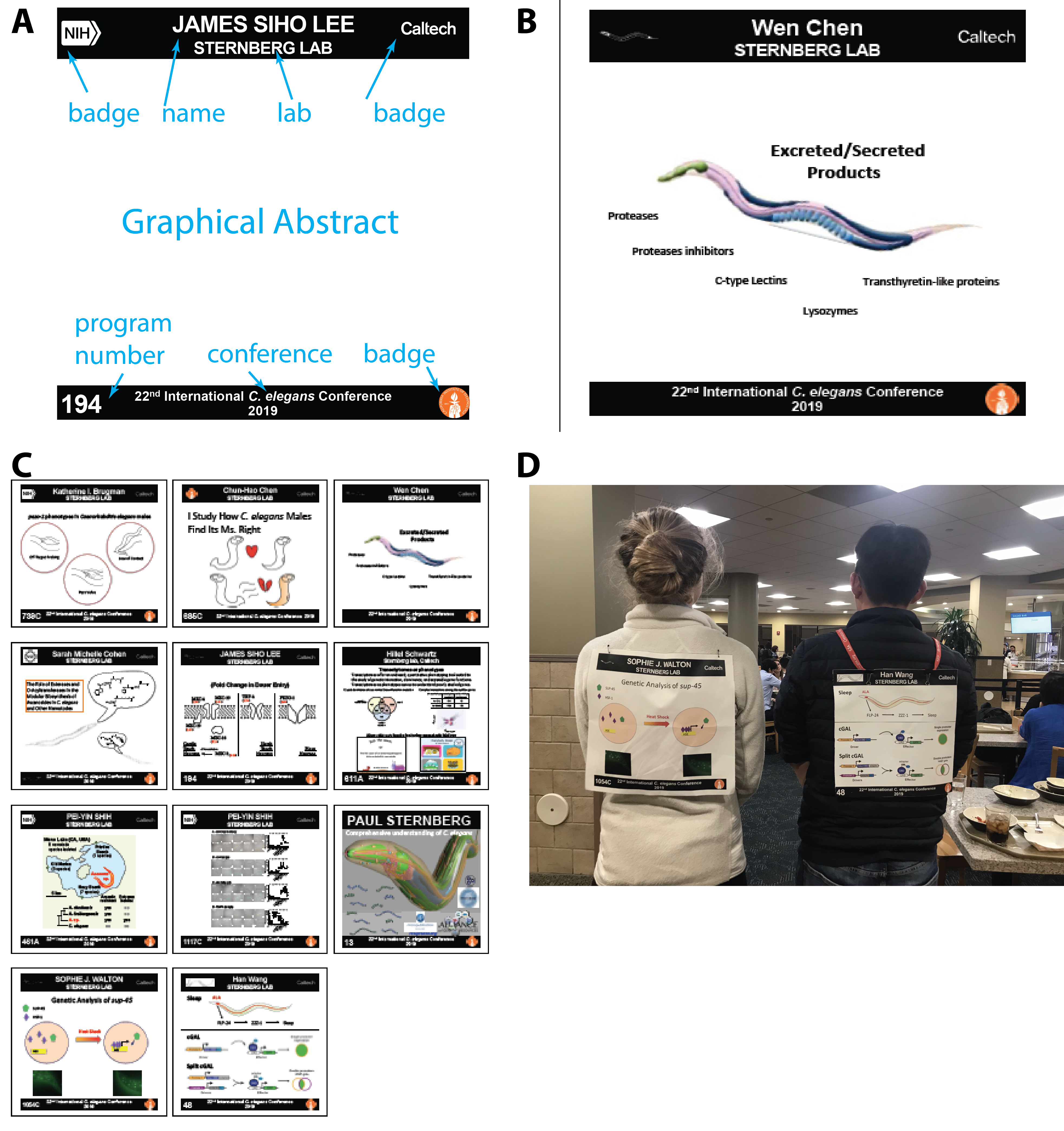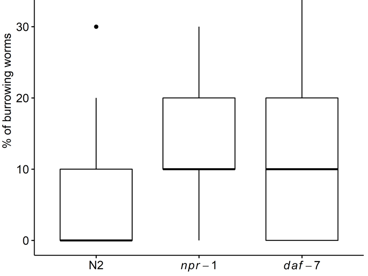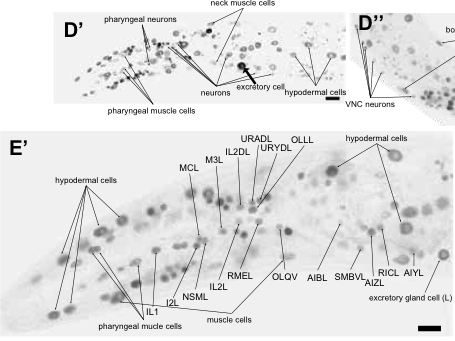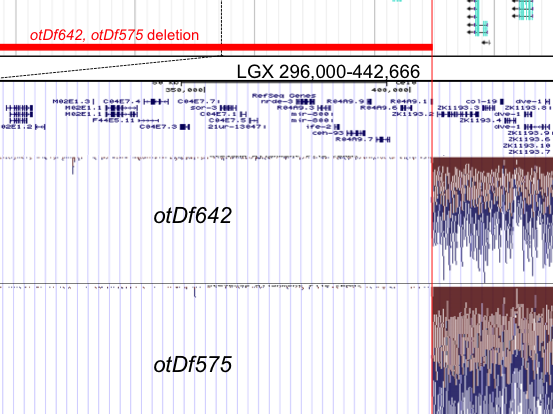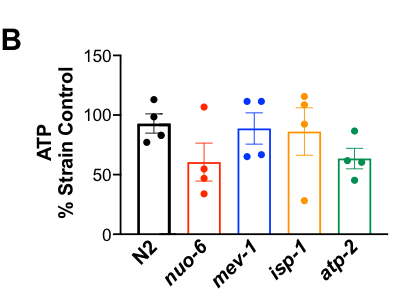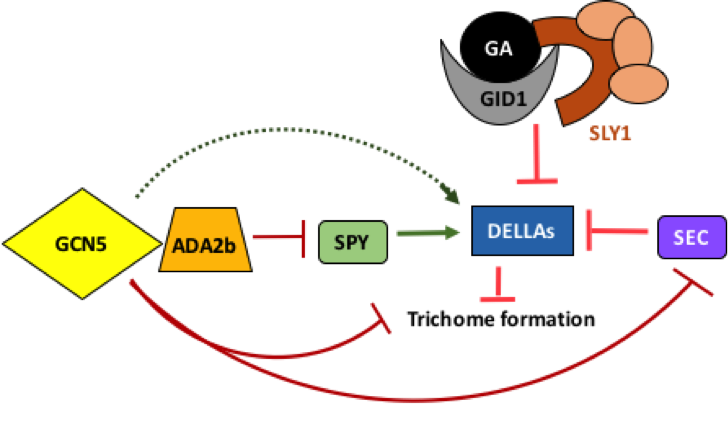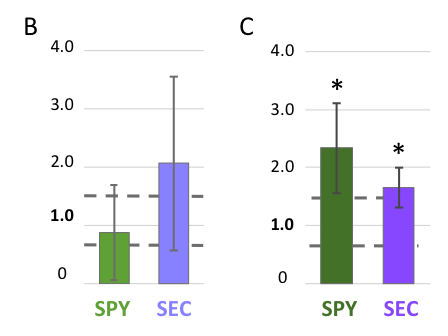microPublication: Our Mission
microPublication.org publishes brief, novel findings, negative and/or reproduced results, and results which may lack a broader scientific narrative. Each article is peer reviewed and assigned a DOI. microPublication Biology articles are now discoverable through PMC, PubMed, EuropePMC, Google Scholar, and university library catalogs. Included data is curated and, upon publication, deposited in third party referential databases (when available).
As part of our long-term sustainability plan, we will institute article processing charges (APCs) starting April 2nd, 2022. We will charge $250 per article, which should cover costs but not new initiatives. No article will be refused because of an author's inability to pay page charges.

